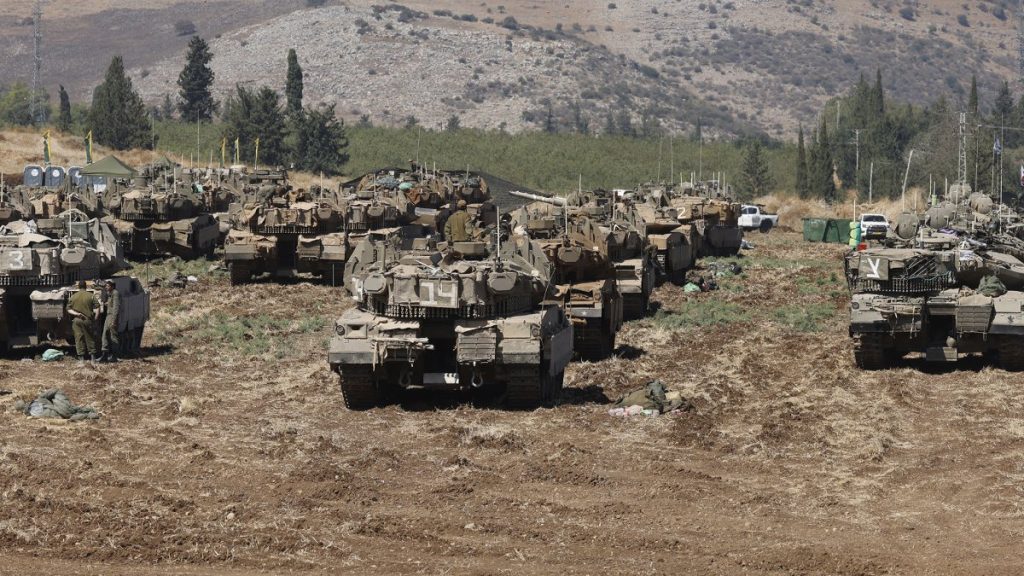President Donald Trump has reportedly approved military plans for a strike on Iran, though he has yet to issue a final order. The move follows days of escalating violence between Iran and Israel, including a missile strike on a hospital in southern Israel that left at least 32 people injured.
White House officials confirmed that Trump held a classified briefing in the Situation Room on Wednesday, where he gave preliminary approval to attack options, but is delaying the final directive pending a potential nuclear agreement with Tehran.
“I have ideas on what to do but I haven’t made a final [decision]—I like to make the final decision one second before it’s due,” Trump told reporters.
His remarks signal a sharp turn from diplomatic restraint to open military consideration, marking the most serious U.S. contemplation of direct involvement in the Iran-Israel conflict since hostilities reignited.
Hospital Hit in Beersheba
Iran launched a fresh wave of missile attacks on Thursday morning, one of which struck Soroka Medical Center in Beersheba, southern Israel. The strike caused significant damage and injured dozens, according to Israel’s foreign ministry.
“A short while ago, sirens sounded in several areas across Israel following the identification of missiles launched from Iran,” the Israeli military said via Telegram.
Residents in Tel Aviv and Jerusalem reported hearing loud explosions around 7 a.m. local time, with civil defense systems activated across multiple cities.
Retaliation: Israel Targets Iran’s Nuclear Sites
In response, Israeli warplanes reportedly struck the Arak heavy water nuclear reactor in Iran—a key component of the country’s controversial nuclear program. Iranian state television confirmed the strike but assured the public that the facility had been evacuated and there was “no radiation danger whatsoever.”
The Arak facility, long viewed as a potential route for Iran to produce weapons-grade plutonium, had been a target of diplomatic concern in past nuclear negotiations.
Diplomacy Dims as Conflict Escalates
While Trump considers military action, European diplomats are scrambling to bring Iran back to the negotiating table. Foreign ministers from Germany, France, and the UK are set to meet with Iranian officials in Geneva on Friday in a last-ditch attempt to salvage nuclear diplomacy.
“Iran has got a lot of trouble, and they want to negotiate,” Trump said. “I may do it. I may not. Nobody knows what I’m going to do.”
Yet Iran’s Supreme Leader Ayatollah Ali Khamenei offered a sharp rebuke, warning of “irreparable damage” should the U.S. proceed with any strike.
“The Iranian nation will not surrender,” Khamenei declared in a televised address. “We will continue to exercise our right to self-defence.”
Bunker-Buster Plans in Play
U.S. officials say any potential strike could include bombing Iran’s Fordow nuclear site, which lies deep beneath a mountain and would require deployment of America’s 30,000-pound “bunker-buster” bomb—one of the only weapons capable of reaching the facility.
Military analysts believe this option is under serious consideration if Iran fails to commit to dismantling its nuclear weapons program.
As strikes and counter-strikes intensify, the international community watches anxiously. With Trump weighing a decision that could drag the U.S. into full-scale conflict, analysts warn that a regional war could rapidly become a global crisis.
Both Iran and Israel continue to show no signs of de-escalation. With missiles flying, diplomacy faltering, and Washington on the brink of action, the Middle East stands on the edge of a dangerous new chapter.



